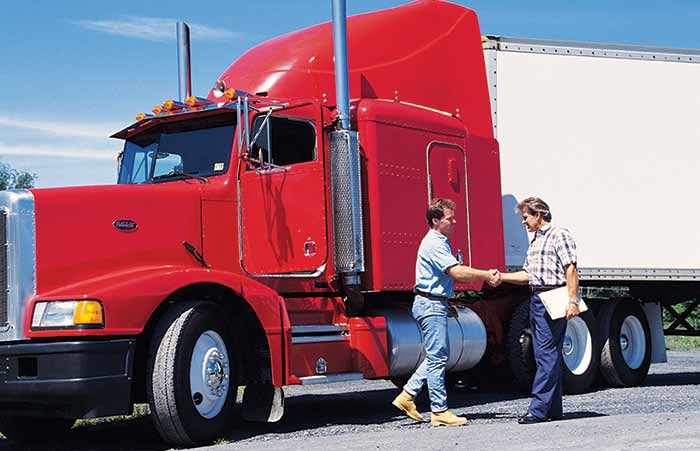The Transportation Impact from the Infrastructure Bill

It can sometimes be difficult to see how bills affect your company or your industry but you would think an infrastructure bill would impact transportation, right? It certainly does. Within the bill there are various opportunities for grants, mostly to state and local governments, to improve current infrastructure as well as build infrastructure for the future (i.e., alternative fuels and electric vehicles). Here are a few other items in the bill we thought should be highlighted for the industry.
- Require new commercial motor vehicles be equipped with automatic emergency braking (AEB) systems and that those systems be in operation. The Secretary of Transportation has a period of time to implement the new standard and new vehicles manufactured after the effective date of that standard must be in compliance.
- Require rear impact guards on trailers and semitrailers that are designed to prevent passenger compartment intrusion when the passenger motor vehicle is traveling at least 35 miles per hour. The impact could be in the center of the rear of the trailer or semitrailer or when 50% of the width of the passenger motor vehicle impacts the rear of the trailer or semitrailer. It is possible the Secretary of Transportation deems 30% width of the passenger motor vehicle a necessary standard. Like with AEB systems, rear underride protection would be required on new trailers and semitrailers manufactured after new regulations are effective.
- Provide continued funding for the IRS, other Federal agencies and states for Highway Use Tax evasion projects. The goal is to reduce evasion of payment of motor fuel and other highway use taxes.
- Provide funds through grant programs for commercial motor vehicle enforcement training and support.
- Create an apprenticeship pilot program for those under the age of 21 to drive a commercial motor vehicle for interstate commerce.
- Makes a point to recognize that women are underrepresented in trucking and seeks to establish an advisory board to be known as the “Women of Trucking Advisory Board”. The Board’s function would be to review and report on policies that provide education, training, mentorship or outreach to women in the industry and that recruit, retain or advance women in the industry.
- Establish a pilot program to test a national motor vehicle per-mile user fee to restore and maintain the Highway Trust Fund.
- Require the Secretary of Transportation to submit a report to Congress which analyzes the cost and effectiveness of electronic logging devices.
Key topics seen throughout the bill include safety, alternative fuel and electric vehicle infrastructure and technology. Perhaps these are indicators on what the future of the transportation industry will involve. With the mandate for additional safety features on commercial motor vehicles, trailers and semitrailers it is likely that the industry will be facing higher equipment costs but hopefully will be encountering safer roads and a stronger workforce.
Nathan is a CPA and has more than ten years of experience providing tax planning, consulting and compliance services to a number of privately held businesses and individuals in a variety of industries, with a special focus on the transportation and logistics industry. He actively communicates with clients and seeks ways to align their individual and business goals with available tax strategies to allow them to make well-informed decisions.

Comments are closed.